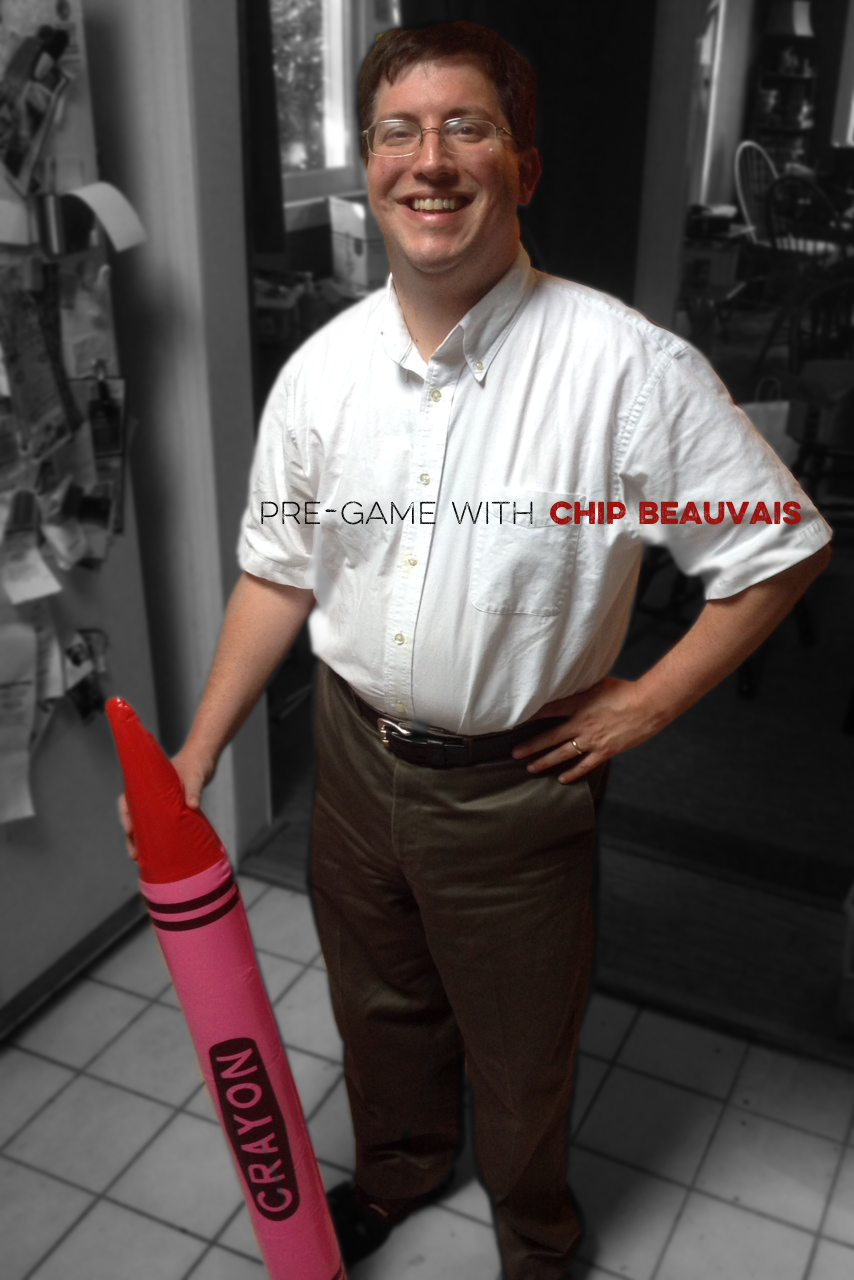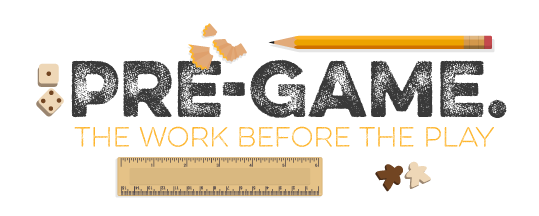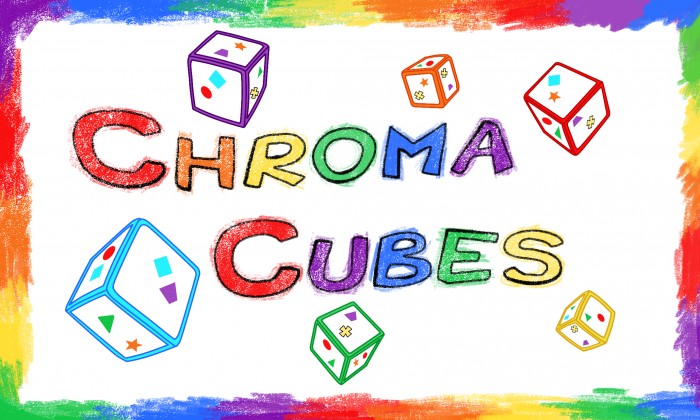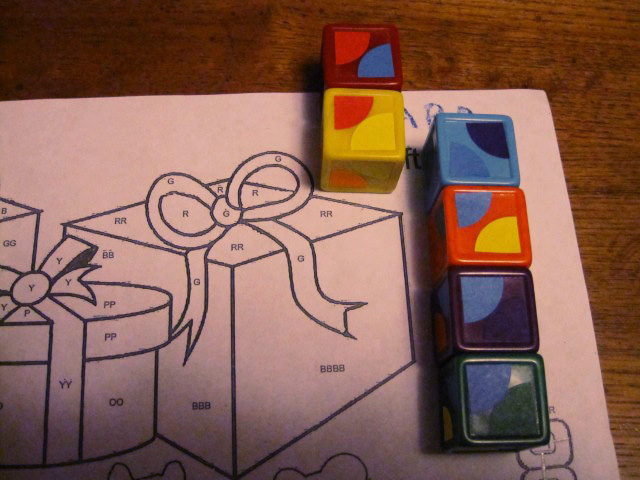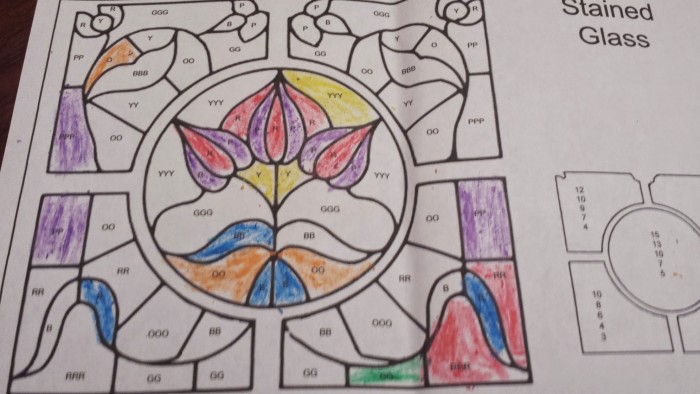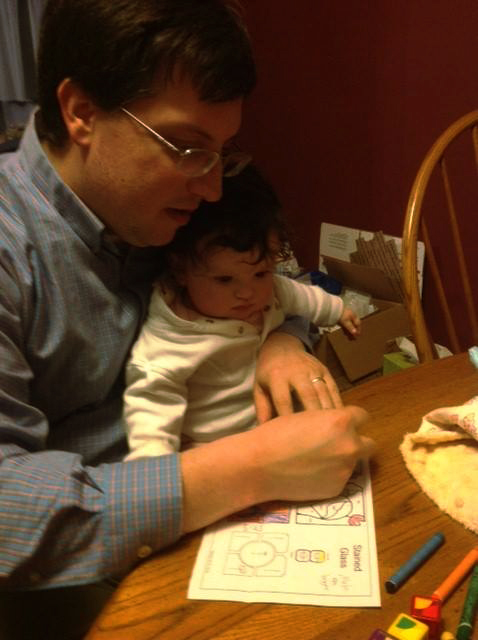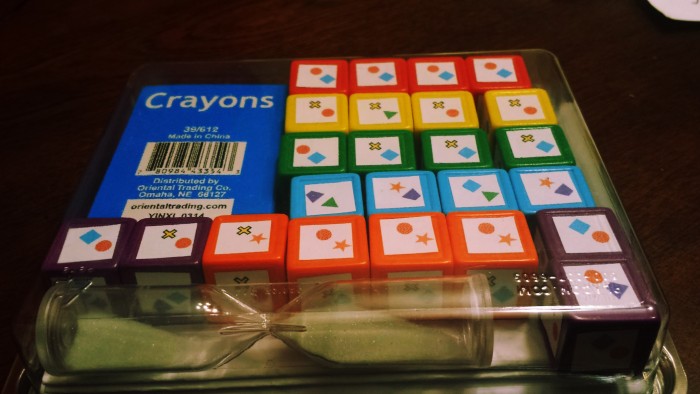
Chip Beauvais is a frequenter of Board Game Hour, where I look forward to discussing the finer points of game design with him on a weekly basis. He’s written the most practical blog post about prototyping I’ve ever read, and he’s just finished up his first successful Kickstarter, and I’m sure there are many more to come. Here’s how he made Chroma Cubes a success:
This post has affiliate links, which directly support Andhegames.com at no extra cost to you. If you have any questions about anything recommended, let me know. – Andrew
Tell us about yourself – who are you? What do you do?
Hi there! I’m Chip Beauvais, and I design tabletop games as a hobby. My first published game will be Chroma Cubes, which was picked up by 5th Street Games.
What board games are you playing most right now?
Dominion (w/coworkers), Star Realms (on iOS), and prototypes.
One fact that we probably don’t know about you:
I’ve given up eating pizza for 2014. Only two more tortuous months to go.
What are you naturally good at that helps you in your work?
Thinking creatively about systems. I enjoy thinking “if I tweak this over here, what will that result in over there?”
What are you not naturally good at, that you’ve learned to do well anyway?
Self-promotion. Pitching my games to people to ask them to test, and pitching my games to potential publishers.
Describe your process (or lack thereof) when making games. How do you reach your final product?
I try to get to the playtesting phase as quickly as possible – first by myself, then with friends, then with strangers. This is an iterative process, and I’m not sure I ever reach a final stage. Instead, I reach a point where I think the game is ready to be sent to potential publishers.
What design-related media do you consume on a regular basis?
Books: Just finished reading Rules of Play. Twitter: I follow @DanielSolis Podcasts: I listen to Ludology and Flip the Table and Happy Mitten Games (and others) Transcriptions: I read http://dtwtranscripts.blogspot.com/
What are some tool/programs/supplies that you wouldn’t work without?
My wife taught me how to use Photoshop. Before that I was using MS Paint, which I thought was “good enough”. It’s not. Layers are your friend. Also Excel (or the open office equivalent).
What’s your playtesting philosophy? How often/early do you playtest?
Playtest as soon and as often as possible. If you want to measure how your game is progressing, track the amount of time you spend playtesting. While you’ll have to spend your time doing other things (visual design, printing, sleeving), only the playtesting time matters.
What are some of the biggest obstacles you’ve faced in your work, and how have you overcome them?
Lack of time. Before my daughter was born, I’d get up a few hours early just to work on games. Now I try to scale back my expectations of how many games I can work on concurrently.
How do you handle family/work balance?
I build family time into my routine. It takes a little longer to get out the door in the morning, but I make sure the daily (cloth) diaper laundry is started, the bunnies have their lettuce, and (occasionally) dinner is cooking in the crock pot before I leave. We also have FFT (Family Fruit Time) each night after dinner, before I put my daughter to bed.
Also, before the kickstarter campaign began, I scheduled a week’s family vacation for shortly after end of the campaign. This will be a great time to celebrate, relax, and reconnect.
Do you have a day job? If so, what do you do? If not, when/how did you quit your day job?
I’m a programmer. It’s a great job that I enjoy and that gives me the time and resources to pursue game design as a hobby.
How many hours/week do you generally devote to game design? How many to other business-related activities?
Probably between 5 – 10 hours each week (not counting media consumption), almost all to game design.
What’s the best advice about life that you’ve ever received?
There’s something you can learn from every single person.
What one piece of advice would you give aspiring game designers?
Playtest. You probably already know that (but if you don’t, nothing else matters). Make a game that your core audience will love, and don’t worry about those outside your core audience.
Who would you like to see answer these questions?
Gil Hova, designer of Prolix, Battle Merchants, and (upcoming) Bad Medicine.

